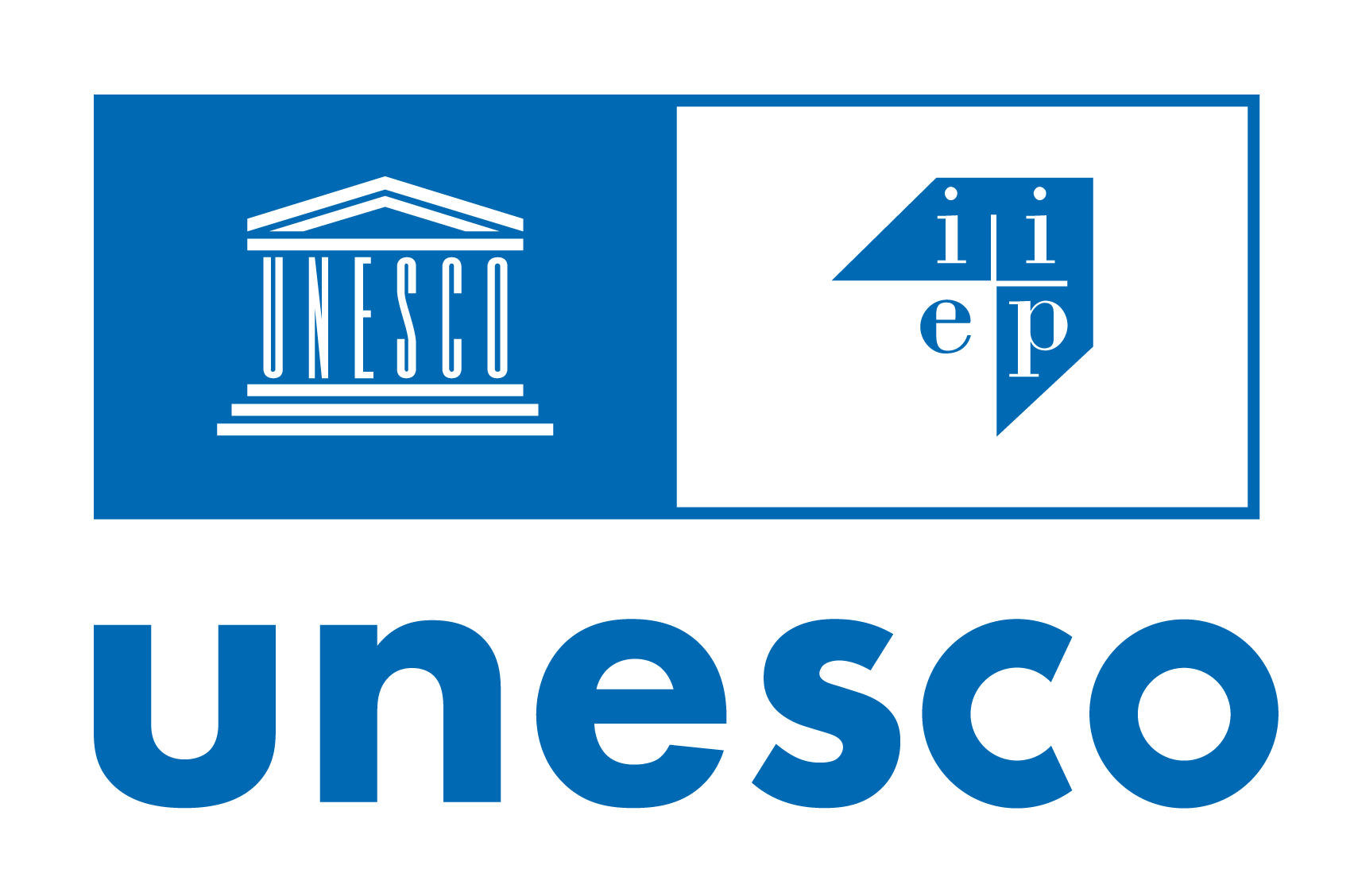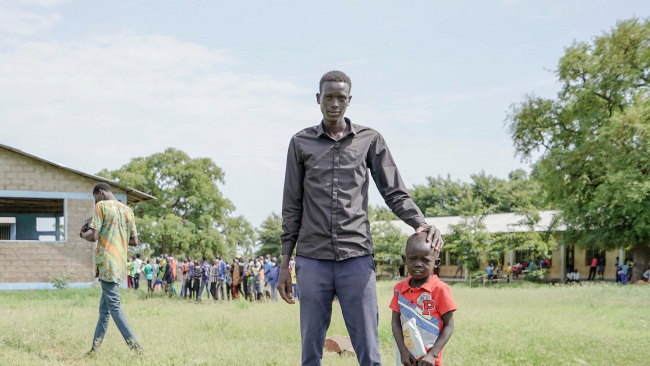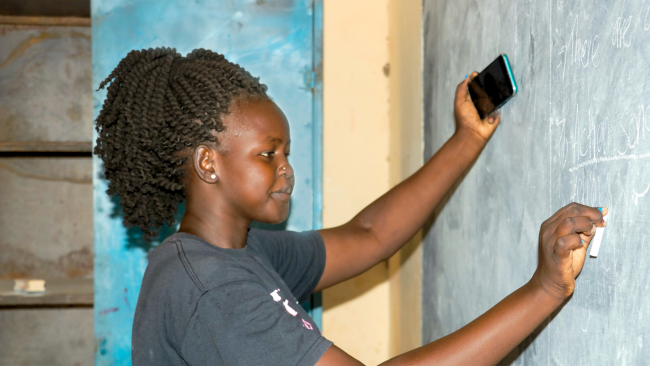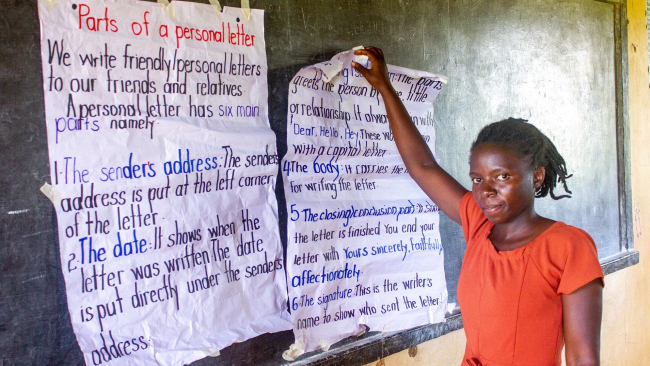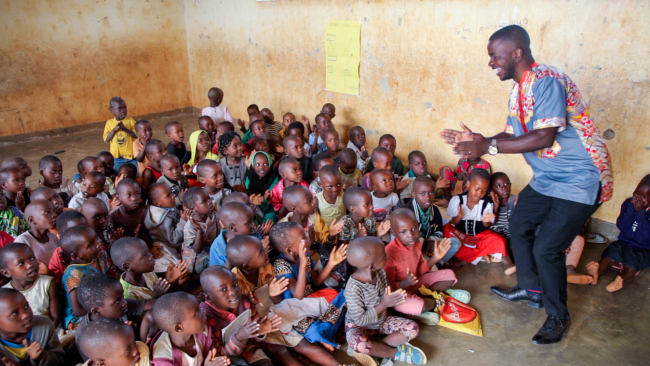In November 2019, the United Nations High Commissioner for Refugees (UNHCR), the United Nations Educational, Scientific and Cultural Organization (UNESCO), and WUSC (World University Service of Canada) brought together stakeholders with an identified interest or active engagement in developing education opportunities for refugees as complementary pathways for admission in third countries. The two-day international conference Education Opportunities as Complementary Pathways for Admission (the Paris Meeting), explored country-specific and region-specific needs and barriers for refugees to access third country education pathways, and identified some emerging good practices to address barriers and expand opportunities. Refugees often face barriers to access higher education, in particular when higher education opportunities are in third countries. These include challenges with academic admissions, with immigration and visa processes, with post-arrival support, and opportunities for protection and durable solutions such as resettlement or local integration. This report maps out a higher education journey, outlining the variety of challenges that refugees face in accessing third country education opportunities. Promising practices and initiatives that break down identified barriers and enhance opportunities for refugees are highlighted. There are several program design elements to consider when developing higher education programs that support refugees to access complementary pathways for admission.
Année
2020
Pages
20
Type de ressource
Langues
